Search for splendid isolation drives prime home sales boom
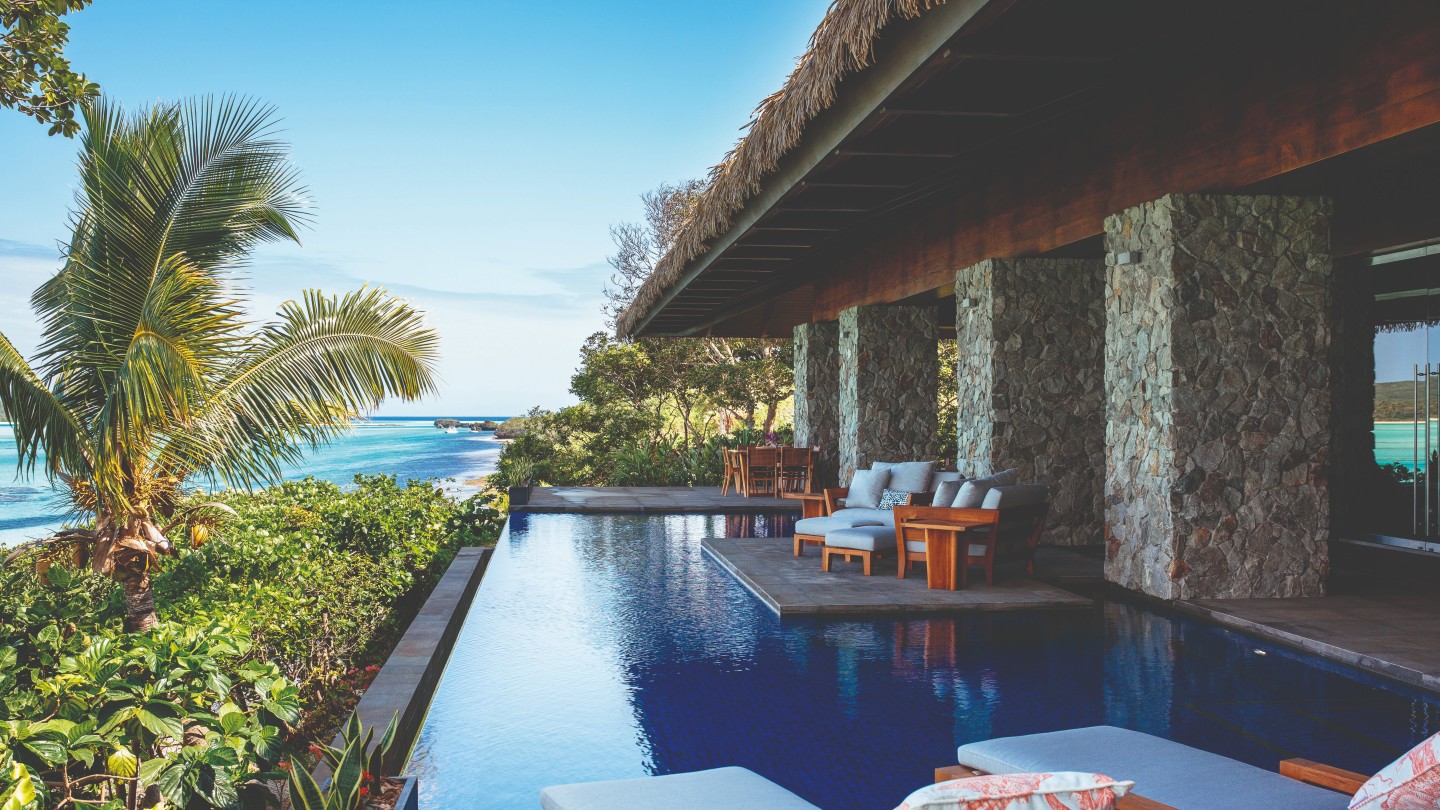
Roula Khalaf, Editor of the FT, selects her favourite stories in this weekly newsletter.
It was only when Farhad Vladi phoned to check that his latest holiday tenant, a California lawyer, had safely reached his destination — a luxury island in the Seychelles — that Vladi discovered things were not quite as they seemed.
The founder of Vladi Private Islands, a specialist real estate agent, was making his habitual call to the island manager at the start of the rental period to ensure all was well with his client. The manager had unexpected news for him: “He’s not a lawyer. It’s Bill Gates and his family.”
Privacy, luxury and discretion have long attracted billionaires and celebrities to the properties, from Fiji to Finland, that Vladi’s agency rents out or offers for sale on behalf of their owners.
Since Gates made his trip a few years ago a new dimension has emerged in the timeless appeal of insularity. “We hear every day that isolation is the answer to coronavirus,” Vladi says.
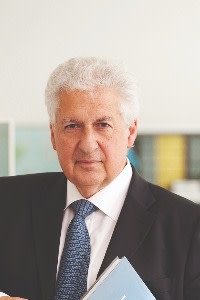
As Covid-19 lockdowns have been renewed across the world, private islands are the extreme answer to the search for a place to live that is safer, more secluded and closer to nature. Those who can afford it have been seeking to turn holiday homes into more permanent bases for working, studying and hunkering down with family. Demand for the perfect lockdown property has been as urgent among the ultra-wealthy as it has been among the middle classes unhappy with urban confinement.
In Britain, this has been reflected in high demand for well-appointed country estates. Crispin Holborow, head of country houses in the UK for property agent Savills, says the market for high-end country houses within an hour or two of London has “skyrocketed” since lockdown. In an average year there would be one or two sales of country homes over the £15m mark; this year there have been around 15, he says. “That’s pretty near a record.”
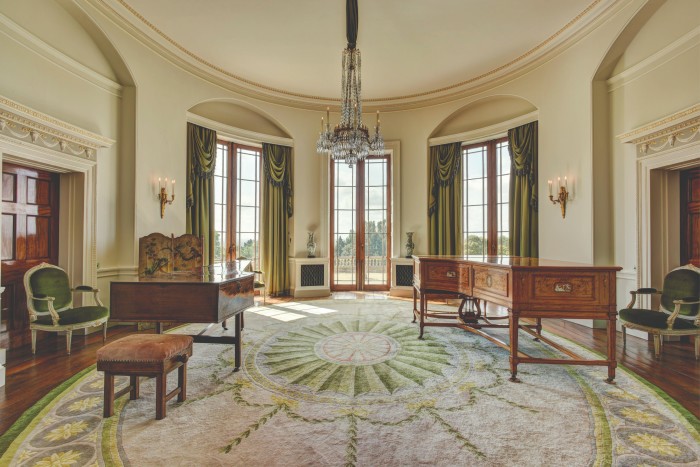
Such properties are far from the stereotype of the holiday bolt-hole. One that recently went on the market is Bowden Park, 150km west of London, which was marketed in September for £35m, including a 1,400 acre estate. Once the home of Arnold Weinstock, a leading British postwar industrialist, it was designed by James Wyatt, architect to King George III. It is unusual among 400-year-old homes in being neither modernised so as to expunge its original character nor left to decay under the crippling expense of its upkeep. “Bowden’s been looked after very well. If you want something of that calibre it’s not always easy to find,” says Holborow.
The small pool of deep-pocketed potential buyers means properties of this scale and historic character are not always snapped up quickly. But this year Holborow has seen a surge in appetite from UK-domiciled and international buyers, with a roughly equal split in sales between the two. The pandemic has been a catalyst for the idea of having a property where the whole family can gather in the UK. “Often younger family members are based in London. The patriarch or matriarch might be in a different country, but they choose to have a base in one country and this year we’ve seen a significant number of people decide that’s going to be the UK,” he says.
Lockdown forced a rebalancing of requirements among wealthy families based in London. Seeing pictures on social media of friends and their families enjoying the spring and summer in their country retreats inspired an element of Fomo, fear of missing out. “It was very frustrating for some who realised they couldn’t have what they wanted,” says Holborow.
The need for space has dovetailed with a desire — long predating Covid-19 — for a more responsible, environmentally friendly way of life, even for those at the top end of the market. “Estates are what the big money wants,” says David Forbes, chairman of Savills’ private office. “They’d rather sell their six-storey house with no lift in Cadogan Place [in upmarket Belgravia, London] for £20m and buy an estate in Dorset and grow spinach. They want a sustainable lifestyle.”
About half of recent buyers of big country estates were UK-domiciled, Holborow estimates. Among foreign buyers, different types of country property appeal in different ways. “We’ve seen a lot of money coming in from mainland China,” says Forbes. “They’re buying in London and outside.” But outside means well-appointed areas such as Wentworth and Weybridge, close to the capital, rather than deepest rural Dorset, he adds.
He notes an influx, too, of family-oriented buyers from India seeking a UK base. For these buyers, prime central London remains an attractive choice. “We’ve seen a growth in extremely wealthy Indians buying expensive houses, but they [are not so interested in the countryside].”
The wealthy inhabitants of New York have also recalibrated the balance of time they spend in the city versus their other properties. But connectivity remains important. Byrna West, an agent with US real estate firm Corcoran, says three locations in the firm’s core areas have proved popular at the top end: the Hamptons on Long Island, the Hudson Valley in upstate New York and low-tax Florida, a three-hour flight away. “What may have been a holiday home in the past has now become a primary residence, at least for now,” she says.
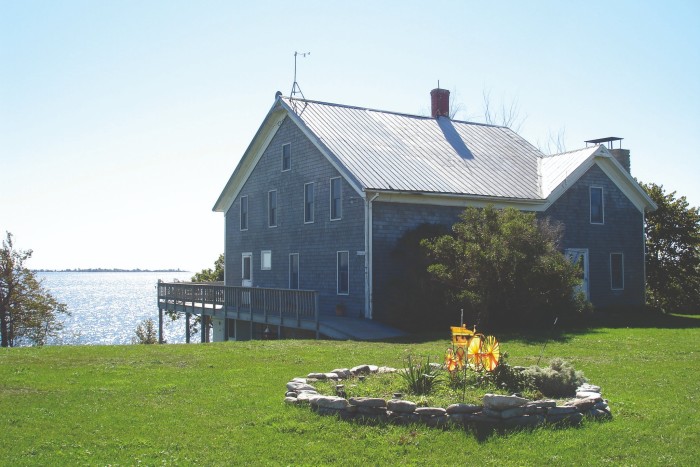
Corcoran’s third-quarter report showed a big increase in sales and prices in the Hamptons, with $2m-plus sales up 88 per cent compared with the same quarter in 2019. The median price for property in the South Fork — which incorporates most of the Hamptons — reached a record £1.2m, up 21 per cent on last year.
Those moving out are nonetheless hedging their bets, with most continuing to have their children schooled in New York City by remote learning. “For a lot of families who have moved out east or upstate, their children are carrying on virtually at schools in the city. If they give up their child’s spot at a private school, it’s unlikely they’ll claw that back,” says West. “They maintain a foothold in the city, knowing this situation won’t last for ever.”
During the summer school holidays, however, those seeking an escape from the urban environment this year had greater latitude to go further afield and stay for longer than usual, though many employers have since clamped down on overseas working.
Edward de Mallet Morgan, a partner in super-prime international property at estate agent Knight Frank, points to one British family who took remote working to the limit in a Barbados villa. Husband and wife, both of whom normally went to work in the City of London, would get up at 4am, along with their children, to do a full day’s work before jumping into the pool. “They felt as if they were on holiday for the late afternoon and evening,” he says.
Other buyers are setting a higher premium on connectivity, says de Mallet Morgan, seeking somewhere within reasonable driving distance. His clients in mainland Europe are looking to reallocate the time they spend in their various properties to favour those most accessible from their usual city base. “People are saying if the schools are closed, we can work remotely — why don’t we go to Gstaad, St Moritz or the French Alps?”
Vladi says Europeans “have discovered the local market again”. His German clients, instead of flying out to favoured spots such as Mallorca, are driving to islands in Scandinavia, so they can avoid mingling with other people en route. This has had a marked effect on prices, he adds. “Real estate prices are going down in Mallorca, while on the Baltic coastline it’s a very strong market at the moment. There has been a 20-30 per cent rise in island prices in Finland and Norway.”
Inquiries to buy the islands on Vladi’s books have quadrupled since March, as people alighted on the idea of a safe haven from the contagion. For islands at the lower end of the price scale — up to around £250,000 — he has introduced an innovation for those who cannot visit in person because of travel restrictions: a video viewing at his office in Hamburg. The property owner or island manager uses FaceTime or another video call technology to walk round the island, showing it off to the potential buyer at a distance. Buyers of more expensive islands are less willing to make a decision without paying a visit in person.
Nonetheless, the surge in inquiries for private islands has not translated into an increase in sales, since novice island dwellers tend to take time to consider the unusual conditions of island life — and often think better of it. Unless they are happy to live as a “hermit” with complete self-sufficiency, Vladi says, they need contact with the mainland — fuel for a boat or seaplane, medicines or food that does not grow on the island. “I have to show clients that there is a way to get to medical services within two hours. That’s what they want to see.”
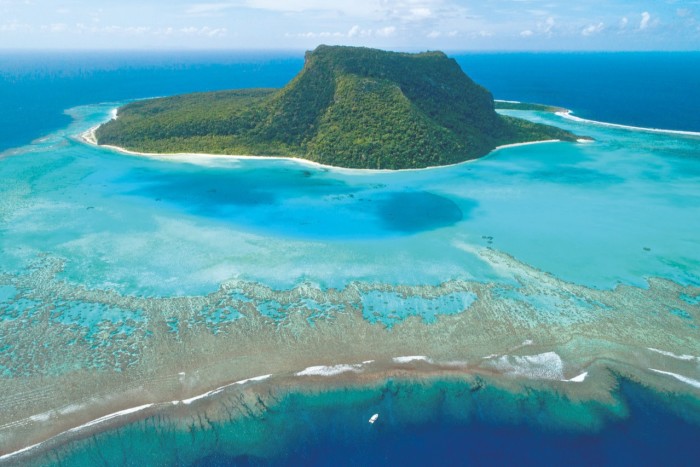
Contrary to popular belief, few celebrities or high-profile billionaires own islands, because it is easier for them to secure privacy by leasing or renting, as Gates did. Owners on Vladi’s books range from lawyers, bankers and hedge fund managers to doctors and media executives. One tropical property currently being marketed, Vatuvara in Fiji, is being sold by Jim Jannard, founder of Oakley, the eyewear maker.
Another myth Vladi is keen to challenge is the idea that private island owners are liberal users of private jets. “If you look at the people buying islands, very few have a private jet. It’s more about yachts,” he says. Many, he says, are nature lovers with an interest in environmentalism.
In recent years, this has led to a new trend among island owners who are spurning big construction projects. Instead, they visit by boat, spending days on the island but sleeping below deck or on the beach. This comes with a further advantage: there is no need to employ a superintendent to maintain and guard the property. “When the holiday is over Mother Nature looks after the island,” Vladi says.
This article is part of FT Wealth, a section providing in-depth coverage of philanthropy, entrepreneurs, family offices, as well as alternative and impact investment
Comments